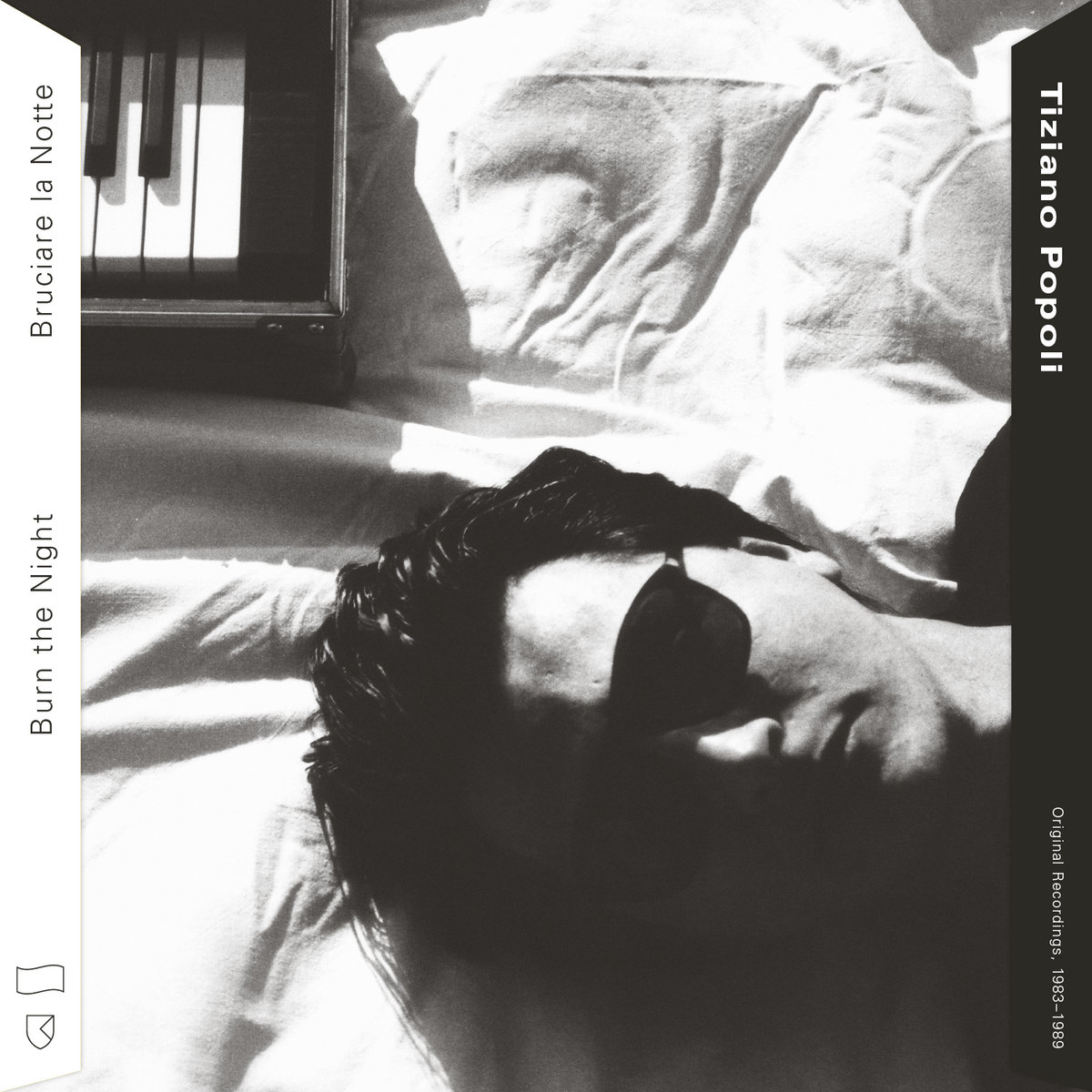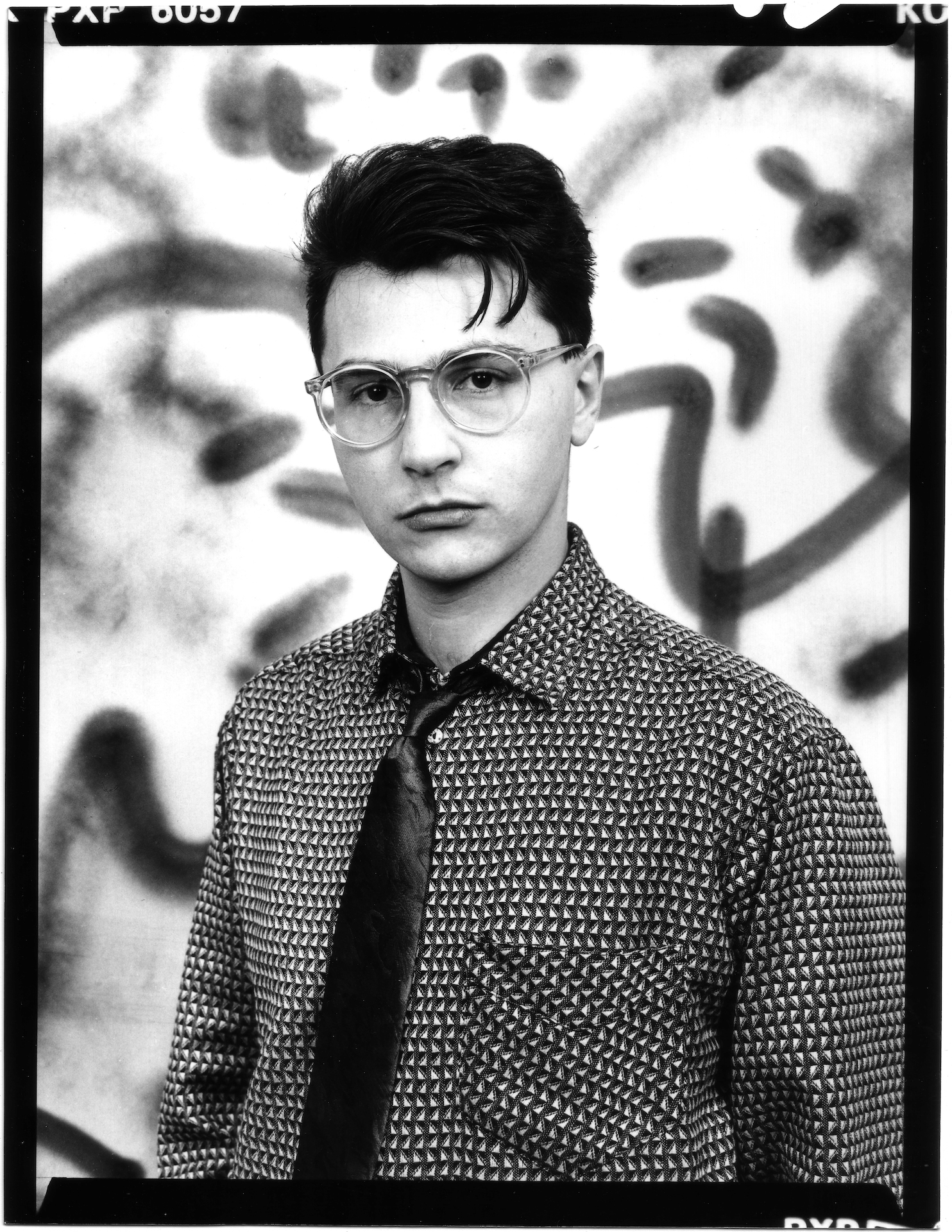Unter dem Titel “Burn the Night / Bruciare la Notte: Original Recordings, 1983–1989″ bringen die Labels Rvng Intl und Freedom to Spend Ende Januar eine Anthologie an alten Aufnahmen des italienischen Musikers Tiziano Popoli heraus. Popoli, der Ende der 70er am Conservatorio Giovanni Battista Martini in Bologna studiert hatte, etablierte eine ganz eigene musikalische Handschrift zwischen Minimal Music amerikanischer Prägung und experimentellem Pop, der auch die Zeitsignatur des New Wave und der elektronischen Avantgarde um 1980 trägt. 
“Born in the small village of Vignola in 1955, Popoli grew up with music in his family, and, in the late 1970s, it became his life’s pursuit, enrolling in the Conservatorio Giovanni Battista Martini in Bologna after a brief detour as a law student. Identifying with the Italian counterculture’s rejection of the bourgeoisie, but skeptical of its actors’ preoccupation with drugs and misguided debauchery, Popoli’s own moral compass found direction during a post-graduation trip to India in 1979. Arriving by car through the Khyber Pass, Popoli recalled a journey full of “confirmations and illuminations, but also of disillusion and, I believe, of personal growth” informed by his lone encounters with underserved communities.
Utilizing his relative privilege for good upon returning to Bologna, Popoli promoted the potential of music as a community-building agent, and advocated for the perception shifting advantages of its avant-garde. Exposed to the canon of 20th century new music while at the conservatory, and more importantly, the advancements of western minimalists such as Steve Reich, Philip Glass, and Terry Riley, Popoli aligned himself with a network of composers such as Franco Battiato, Lino Capra Vaccina, and Giusto Pio to establish a new era of radical music, ethos, and innovation in Italian music. No such minimalist scene existed by name at the time though; the tag retroactively pinned to Popoli and his peers’ unassuming position on the periphery of the avant-garde.” (RVNG Intl. / Freedom to Spend)
Porträt © Massimo Trenti

